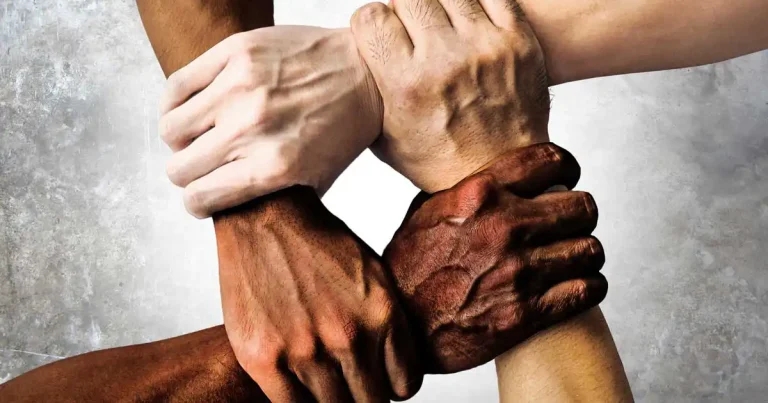26 Jun 2025
Newly published analysis warns of “urgent need” to recognise and tackle racism within the veterinary sector and other professions, with lower diversity levels than in the wider population.

Image: TheVisualsYouNeed / Adobe Stock
A newly published study has warned there is an “urgent need” to both acknowledge and address racism within the veterinary sector.
The stark message is based on the findings of a survey in which individual participants spoke of how discrimination “shreds me from within” and feeling they would always be “an outsider”.
The paper, compiled by researchers from the RVC, London South Bank University and the British Veterinary Ethnicity and Diversity Society and published in BMC Psychology, also called for further research into BAME people’s experiences in sectors with low levels of diversity.
RVC vice-principal Christine Thuranira-McKeever, one of the study’s authors, said her organisation had introduced several initiatives in the area, but acknowledged there was “more to be done”.
She added: “The findings of this study emphasise a significant need for the veterinary profession to come together and do more to acknowledge and raise awareness of the systemic and often overlooked forms of racism, to challenge and dismantle them and to empower those who are affected.”
As of 2019, BAME people constituted an estimated 3.5% of RVCS-registered surgeons and 1.9% of nurses, but 14.4% of the UK general population, making them among the least diverse professions in the UK per the study.
Researchers opened a survey to all BAME people working or studying within the sector asking them to describe any racist incidents they witnessed or experienced within the sector, how they felt, dealt with the incidents, and the impact the incidents had.
One participant said racism within the sector “shreds me from within” and “has weakened my mind, drained my energy, and I live in a constant battle with racism and depression”.
Many described a “cumulative effect” of both explicit and ambiguous or unintentional “everyday” incidents, with one respondent saying it sometimes feels “like a little sting,” and at times “a ton of bricks”.
Another said they felt “disgusted, hurt and really disappointed in my colleagues” by a lack of support within their practice when subjected to an overt racist incident with a stranger.
Respondents frequently reported colleagues and clients assuming they were not British and questioning where they are from. One said they “don’t see the profession ever feeling like somewhere that I belong – I will always be an outsider.”
A lack of attempting to correctly pronounce participants’ names, unwanted “whitewashed” nicknames or being referred to – often incorrectly – by their assumed ethnicity was also reported by multiple respondents.
Negative stereotyping was common – one participant said a farmhand preventing their participation in certain tasks during a student placement and calling them “lazy and useless” was “dehumanising”.
The study concluded the “UK veterinary sector does not generate atypical or unexpected forms of racism, but appears to provide an environment in which deep-rooted and pervasive forms of racism in contemporary Western societies remain more overlooked, ignored and tolerated than in many other UK professions today”.